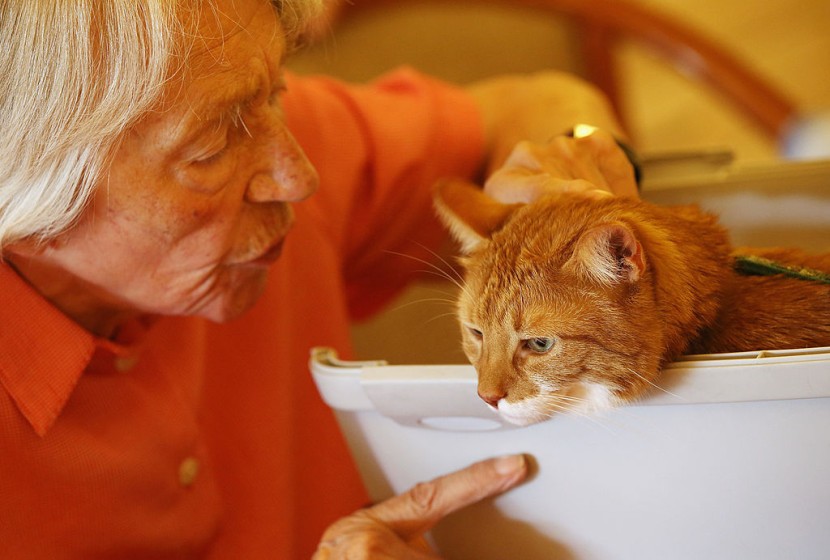
Despite the fact that genetics plays a key role in the development of Alzheimer's disease and other types of dementia, lifestyle factors are also underscored. According to a recent study, even people with a high genetic susceptibility were around a third less possible to develop dementia if they followed a healthy lifestyle than if they did not.
Risk factors such as age, heredity, and family history cannot be altered, but evidence that surfaced suggested that there are factors we have control over.
Research suggested that methods for overall holistic aging could help maintain the brain's health and could lessen the probability of developing Alzheimer's and other types of dementia. Such measures include eating a balanced diet, avoiding excess alcohol and tobacco, being socially active, and working out both the body and mind, reported Alz.
Dementia is the illness that individuals beyond 50 fear the most. It is usually a distinct concern for the 1 in 4 people over 55 years old who have a close relative diagnosed with dementia, indicated Alzheimer's.
Lifestyle choices impact people's risk of being diagnosed with dementia and this is particularly apparent in activities associated with cardiovascular health. Sufficed it to say, "What's good for your heart is good for your head."
Smoking remarkably increases the probability of dementia and failing mental capacity. Individuals who smoke are more prone to atherosclerosis and other kinds of vascular illness, which may be underlying factors for the increased probability of dementia, reported Stanford Health Care. This was proven by a "JAMA Neurology" journal study.
Unhealthy doses of alcohol increase the possibility of developing Korsakoff syndrome, a type of dementia. Korsakoff syndrome's symptoms are: difficulty processing new information, long-term memory gaps, and short-term memory loss.
Failure to attend secondary school increases one's risk of developing dementia. Low educational levels can make one more susceptible to cognitive decline, as it results in less "cognitive reserve" to maintain cognitive function despite brain aging and, in some cases, beta-amyloid plaques.
According to longitudinal and cross-sectional research studies conducted in several nations, there is a link between low-level education and AD. But results are mixed, as some studies found an association with merely AD or vascular dementia while others, distinctively in developing countries, found no relationship.
Regular exercise could be a remarkable method to reduce the probability of vascular dementia and Alzheimer's. Exercise could have a direct impact on brain cells by increasing blood and oxygen flow in the brain.
Diabetes is also a risk factor for dementia. Scientists believe that excess glucose in the blood damages the brain over time.
According to a new study, people should avoid developing type 2 diabetes through adopting healthier lifestyles.
Studies of large clusters display that the risk of dementia is lowest in individuals who have healthy behaviors in mid-life. Such behaviors indicated maintaining a healthy diet and weight, regular body exercise, avoiding smoking, and moderation in drinking alcohol (if at all).
Related Article : J.K. Rowling Claims Society is On The Brink of Medical Scandal
© 2025 HNGN, All rights reserved. Do not reproduce without permission.








